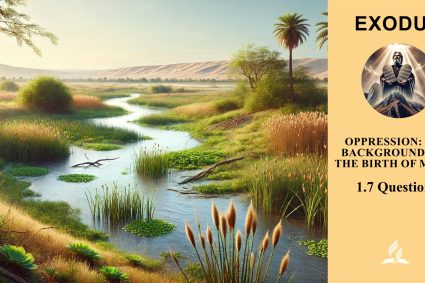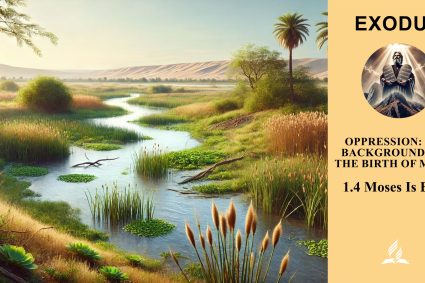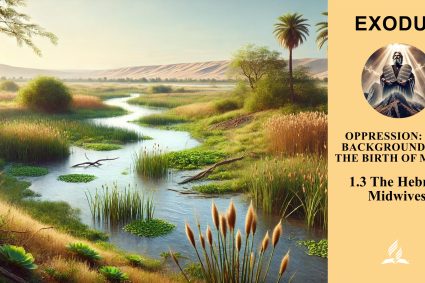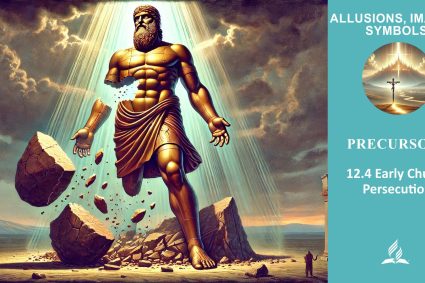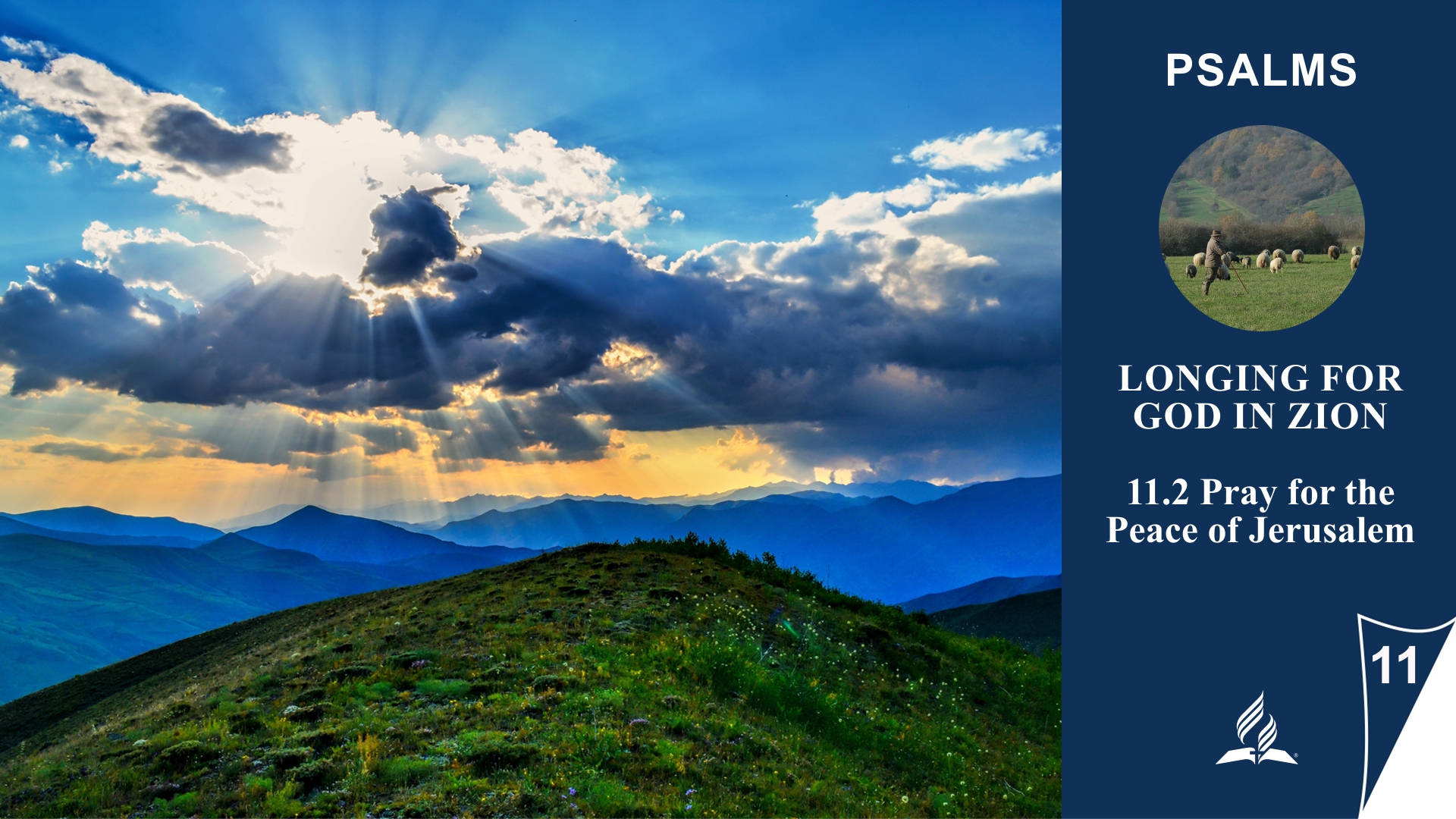


1.2 Prayer for the Peace of Jerusalem
A Call for Peace: The Significance of Prayer for Jerusalem
Read Psalm 122:1–5. What emotions do the worshippers feel upon their arrival in Jerusalem? What do they hope to find in Jerusalem?
The worshippers arriving in Jerusalem experience joy and excitement. They view Jerusalem as the center of God’s people’s lives because important religious institutions such as the sanctuary and the thrones of judgment are located there. The hope of the pilgrims in Jerusalem is twofold:
-
They hope to find the “testimony for Israel,” which refers to the sanctuary or the place of worship of God. This place was of great importance to them as it symbolized God’s presence and covenant with His people. There, they could fulfill their spiritual needs, practice worship, and seek God.
-
They hope to find justice, symbolized by the thrones of judgment in Jerusalem. This indicates that the pilgrims are not only seeking spiritual fulfillment but also righteousness and justice in their lives and in society. They recognize the close connection between faithfulness to God and the pursuit of justice for all people. Overall, the pilgrims in Jerusalem are not only seeking religious experience and worship but also moral guidance and social justice. This hope reflects their deep connection with God and their pursuit of a life in accordance with His commandments.
Read Psalm 122:6–9. What is the people of God’s most important prayer?
The people of God’s most important prayer, as described in Psalm 122:6–9, is the prayer for the peace of Jerusalem. This prayer implores God’s blessing upon the city and its inhabitants, uniting the worshippers in their desire for peace.
The significance of this prayer lies in the fact that peace in Jerusalem should reign not only externally but also internally, between God and His people and among the children of God. It is a call to the people of God to live in harmony with God and with one another. For only when this peace exists can Jerusalem thrive as a city of peace and experience blessings.
The prayer for the peace of Jerusalem is an expression of the believers’ solidarity and responsibility for one another and for the world. It reflects the hope for the eschatological coming of God’s kingdom of peace, which will encompass not only Jerusalem but the entire world. Overall, this psalm teaches us that prayer for the well-being of the faith community should play a central role in the prayers of the children of God. For only a strong and united people of God can proclaim the message of God’s peace and redemption to the world.

The connection between our daily lives and faith is made evident through prayer for the peace of Jerusalem and practical efforts to strive for harmony among ourselves.
-
Community Prayer: By praying together, we, as believers, seek God’s guidance and blessing for our community. We acknowledge that peace cannot be achieved solely through human efforts but that God’s intervention and blessing are crucial.
-
Exchange and Dialogue: Open and respectful exchange fosters mutual understanding and contributes to conflict resolution. Through dialogue characterized by love and forgiveness, we, as the people of God, can experience harmony and unity.
-
Joint Services and Projects: By serving together and working on projects that benefit the community, we strengthen our bonds and promote a sense of solidarity. Here, we recognize the importance of love and compassion in daily life.
-
Reconciliation and Forgiveness: Willingness to reconcile and forgive is a central aspect of Christian life. By forgiving each other and reconciling, we break down barriers and allow peace to find its place in our hearts and in the community.
-
Joint Study of Scripture: The study of the Bible provides us with a common foundation for our faith and values. Through studying and reflecting on biblical principles and teachings, we, as the people of God, can be strengthened and lay the groundwork for harmony and unity.
-
Community Celebration of Worship and Festivals: Participation in worship services and festivals strengthens our bonds as a community and reminds us of the shared hope we have in God. These communal celebrations foster a sense of belonging and strengthen our unity as the people of God.
Overall, the connection between our daily lives and faith is demonstrated in our pursuit of peace, harmony, and unity among ourselves. Through prayer, exchange, service, reconciliation, biblical study, and communal celebrations, we can actively contribute as the people of God to realize these values in our lives and in our community.
(Visited 27 times, 1 visits today)

